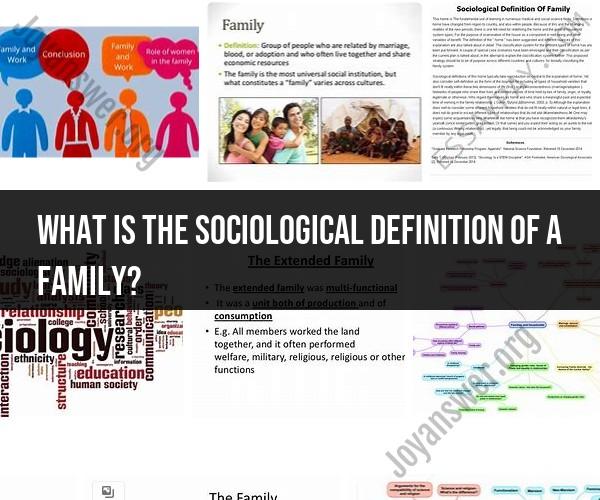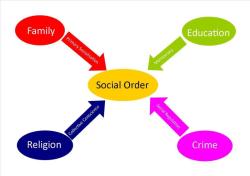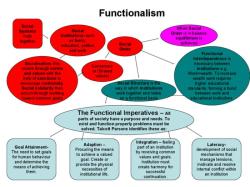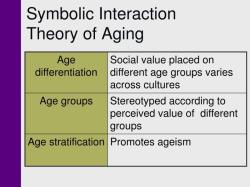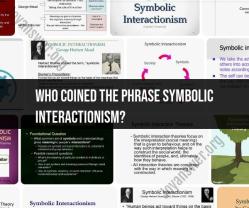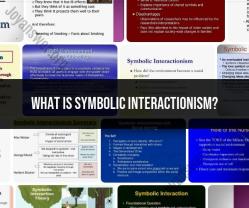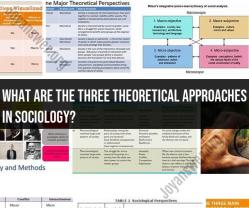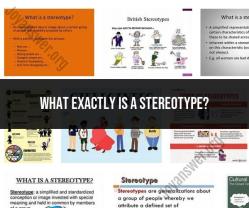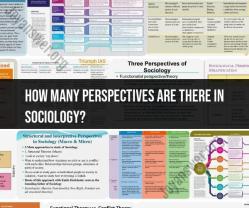What is the sociological definition of a family?
In sociology, the definition of a family is more complex and flexible than it is in everyday language. Sociologists recognize that families can take on various forms and serve different functions depending on cultural, historical, and social contexts. As a result, the sociological definition of a family is broader and often includes different types of relationships and living arrangements.
From a sociological perspective, a family is typically defined as a social institution consisting of two or more people who are related by blood, marriage, adoption, or a mutual commitment and who share resources, responsibilities, and a sense of belonging. Key elements of the sociological definition of a family include:
Shared Bonds: Family members share emotional bonds and a sense of connectedness. These bonds can be based on blood ties, such as parent-child or sibling relationships, or on social and legal ties, such as marriage or adoption.
Resource Sharing: Families often share economic resources, living arrangements, and responsibilities for caregiving and household tasks. This includes the pooling of income and the distribution of resources for the well-being of family members.
Interdependence: Family members rely on each other for emotional support, socialization, and meeting basic needs. This interdependence is a fundamental characteristic of family life.
Roles and Expectations: Families have established roles and expectations for their members. These roles may include parental roles, caregiving roles, and roles related to gender, age, and generation.
Socialization: Families play a crucial role in the socialization of individuals, shaping their values, beliefs, and behaviors. They transmit cultural norms and values to younger generations.
It's important to note that the sociological definition of a family recognizes that families can take on a wide variety of forms beyond the traditional nuclear family (a married couple and their biological children). Different family structures, such as extended families, single-parent families, stepfamilies, same-sex families, and chosen families, are all considered valid family arrangements within sociology.
Additionally, the concept of "family" can vary across different cultures and historical periods, reflecting diverse social norms and values. As a result, sociologists emphasize the importance of understanding families within their specific cultural and societal contexts.
In summary, the sociological definition of a family focuses on the social institution that encompasses various forms of relationships and living arrangements where individuals share bonds, resources, responsibilities, and a sense of belonging. This definition allows for a more inclusive understanding of family dynamics and structures in a diverse and evolving society.
The Sociological Definition of Family: Unpacking Its Meaning
The sociological definition of family is broader than the traditional definition of family as a nuclear family consisting of a married couple and their biological children. Sociologists define family as a social group that is characterized by:
- Common residence: Family members typically live together in the same household.
- Economic cooperation: Family members work together to provide for the basic needs of the group.
- Emotional support: Family members provide each other with love, care, and support.
Sociologists also recognize that families can come in many different forms, including nuclear families, extended families, blended families, single-parent families, and same-sex families.
Family from a Sociological Lens: Understanding the Core Concepts
Sociologists study the family as a social institution, and they focus on a number of core concepts, including:
- Family structure: This refers to the composition of the family, such as the number of parents and children, the presence of extended family members, and the types of relationships between family members.
- Family roles: Sociologists examine the different roles that family members play, such as the role of mother, father, son, daughter, husband, and wife. They are also interested in how these roles vary across different cultures and social groups.
- Family dynamics: This refers to the patterns of interaction and communication between family members. Sociologists study how family members make decisions, resolve conflict, and support each other.
- Socialization: The family is the primary agent of socialization, which is the process by which children learn the norms, values, and beliefs of their society. Sociologists study how families socialize their children and how this process contributes to the development of children's identities and personalities.
Societal Bonds: Defining Family in Sociology
The family is a fundamental social institution that plays a vital role in society. Families provide love and support to their members, socialize children, and contribute to the economic and social well-being of the community.
Sociologists view the family as a system of social bonds that connects individuals to each other and to the larger society. These bonds are based on a variety of factors, including kinship, marriage, and adoption.
Families also play an important role in transmitting culture from one generation to the next. Families teach their children the values, beliefs, and norms of their society. This helps to ensure the stability and continuity of society.
The sociology of family is a fascinating and important field of study that can help us to better understand the social world around us.
